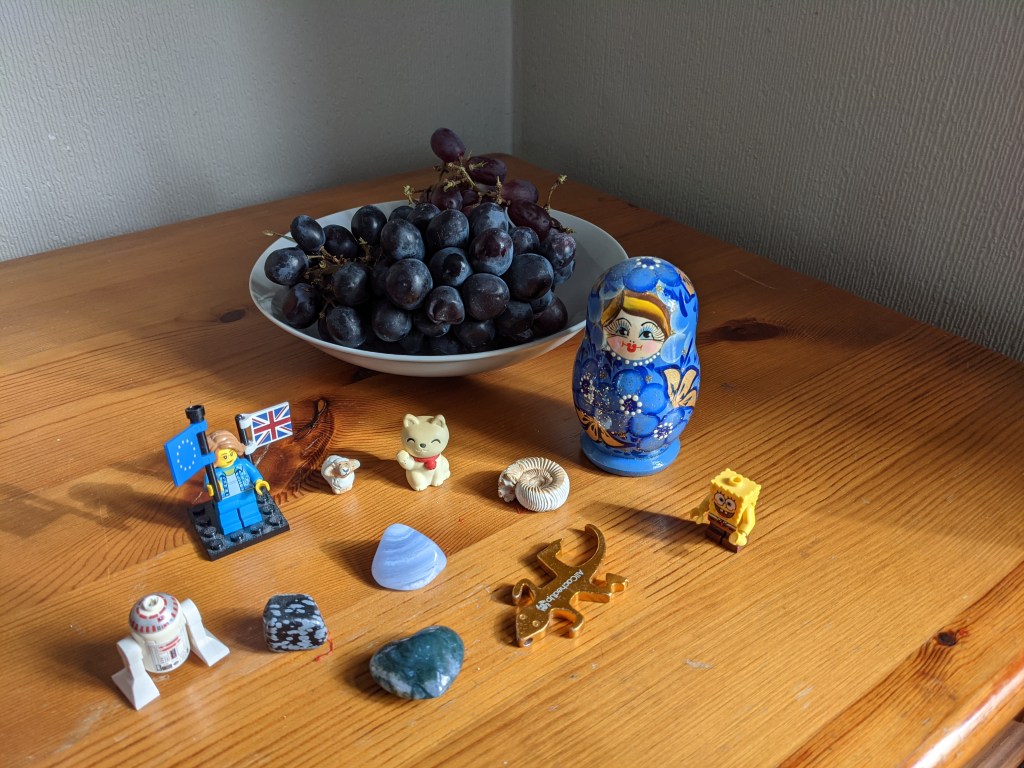
Background.
How does social media help you to develop as an educator? My PhD research looks at how early career researchers use Twitter for identity development. Framed around the Identity-Trajectory framework (McAlpine et al, 2014) my research explores how early career researchers use Twitter to develop ‘communities of interest’ (or networks), and the extent of the influence of these ‘communities of interests’ on early career researchers’ scholarly and intellectual development. My research focuses on early career researchers, but I think that this framework is also applicable to other career stages (Jordan, 2019) and job families.
In this week’s tweet chat, we will consider together how social media has helped to shape our personal and professional identities, and how we might use social media in the future as educators. We will also look at potential barriers to using social media in learning and teaching.
Resources.
Carrigan, M. (2019). Social media for academics. Sage.
Goffman, E. (1959) The presentation of self in everyday life. Garden City, N.Y. Doubleday.
Honeychurch, S. (2022) Identity on social media. Journal of Social Media for Learning, 3(1), pp. 16-18. https://doi.org/10.24377/LJMU.jsml.article645
Honeychurch, S., Singh, L., Koutropoulos, A. and Bozkurt, A. (2019) A Taxonomy of Personas. 2018 Social Media for Learning in Higher Education Conference, Nottingham, UK,9th January 2019. https://docs.google.com/presentation/d/1NHOFS4OFGlTKKVQgye6lY2kZOdft6cV7jaCN3WTLAfM/edit#slide=id.p
Jordan, K. (2019). From finding a niche to circumventing institutional constraints: Examining the links between academics’ online networking, institutional roles, and identity-trajectory. International Review of Research in Open and Distributed Learning, 20(2). https://www.erudit.org/en/journals/irrodl/1900-v1-n1-irrodl04703/1061333ar/abstract/
McAlpine, L., Amundsen, C., & Turner, G. (2014). Identity‐trajectory: Reframing early career academic experience. British Educational Research Journal, 40(6), 952-969. https://bera-journals.onlinelibrary.wiley.com/doi/abs/10.1002/berj.3123
Pearson, E. (2009) All the World Wide Web’s a stage: The performance of identity in online social networks. First Monday, 14(3).https://doi.org/10.5210/fm.v14i3.2162
Singh, L. (2020). A Systematic Review of Higher Education Academics’ Use of Microblogging for Professional Development: Case of Twitter. Open Education Studies, 2(1), 66-81.https://www.degruyter.com/document/doi/10.1515/edu-2020-0102/html
Guest Biography.
Lenandlar Singh is a lecturer in the department of computer science at the University of Guyana and a PhD student at Lancaster University, England. Lenandlar has a background in Computer Science and Internet Computing with a focus on human computer interaction. His present research explores how social networks are used in higher education.






Pingback: Social media and your scholarly identity – Susan Smith
Pingback: Being inspired – David Hopkins / Education & Leadership